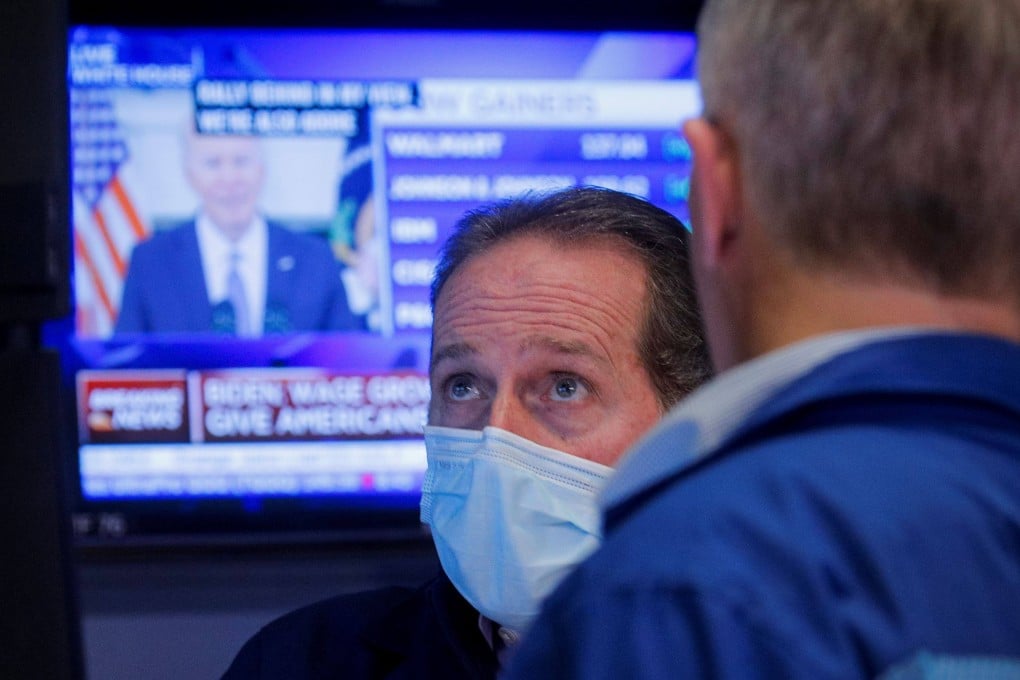From Tesla to Nvidia, Wall Street’s favourites keep tumbling
- Tesla, Netflix, Nvidia and Facebook-owner Meta Platforms have all lost over 10 per cent in the past few weeks
- That wiped several hundreds of billions from their market values, with Meta alone losing some US$224 billion since its shares hit a September record

The sell-off gained force Friday, leaving the so-called NYSE FANG+ Index of the tech-industry’s giants bordering on correction territory, or a 10 per cent drop from the peak. That’s not seen as a good sign heading into the end of the year, the most illiquid trading season.
These so-called momentum stocks, including Nvidia and high-flying software names, were among Wall Street’s top performers in 2021, with their high levels of growth spurring a frenzy of buying.
But that’s now sharply reversing, with the hawkish signals from the Federal Reserve leaving investors bracing for rising interest rates that will affect some of the most highly valued stocks the most. Adobe’s 8.2 per cent drop on Friday and Salesforce.com’s nearly 12 per cent decline Wednesday among this week’s notable moves.
“This has driven a ‘stealth correction’ in US equities, of those stocks with the highest valuations, growth expectations, and need for equity-market funding,” said Ben Laidler, global markets strategist at eToro.